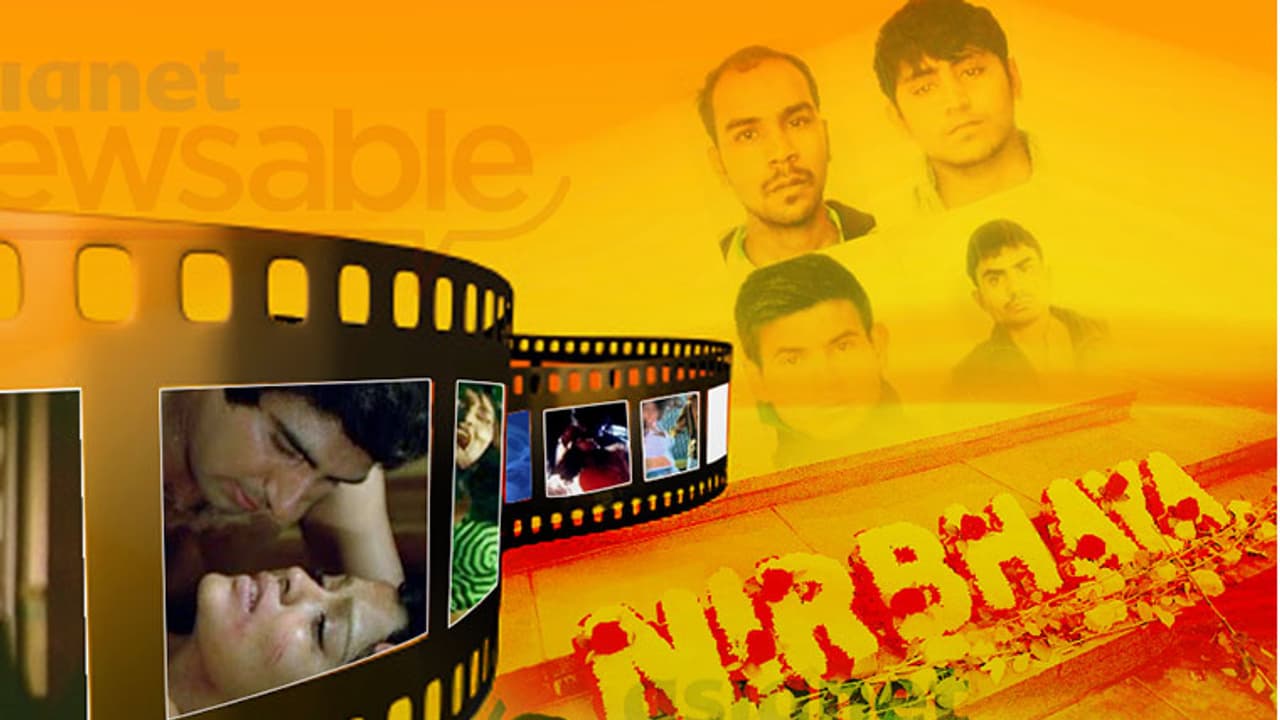'Housework and housekeeping is for girls, not roaming in discos' 'When being raped, she shouldn't fight back. She should just be silent and allow the rape.' 'Then they'd have dropped her off after 'doing her', and only hit the boy'
We learn what we are told since our childhood. That has been the case with all of us, irrespective of the gender, caste and creed. However, in this age of super advanced electronic communication, there is an add-on to the perspective that we all have about a particular thing. The debate on how women should be treated and how they should conduct themselves is an internet sensation these days. But what frames these ideas? Films are considered the representations of a society and vice versa. Quite naturally, our thinking and expectations find a new direction with them.

Speaking of that, if we remember what Nirbhaya's rapist Mukesh Singh had said in an interview with the BBC, the mindset of Indians and their general perception toward women become clear. Let's, however, not generalise the misogyny, but holistically these ideas perforate from the reel world into the real world. For instance, his statement "a decent girl won't roam around at nine o'clock at night. A girl is far more responsible for rape than a boy" is something that we have often heard in movie scripts. There is more that he said, which somehow resonate what movies portray:
"Housework and housekeeping is for girls, not roaming in discos and bars at night doing wrong things, wearing wrong clothes. About 20% of girls are good": One would hear a movie dialogue revolving around what an "adarsh bahu and beti" should be doing. Why movies? the tele-serials that are becoming viral sensations these days also promote women in a subdued way. So much so that one is forced to believe that we are heading back in time, instead of moving ahead in our thought processes.
"When being raped, she shouldn't fight back. She should just be silent and allow the rape. Then they'd have dropped her off after 'doing her', and only hit the boy," he said. Now, that rings a bell when you have watched a rape scene in a regional movie, which shows women as vulnerable and easily dominated by men. They are always shown putting up with everything men do quietly- be it at home or at office.
The blatant use of sexual misogyny reaches a disturbing level when it comes to the songs. Sexual objectification of women is the root cause of such gross misconduct in reality, this is what these three women IPS officers from Tamil Nadu believe. In a video put together by Covai Post, the three officers say that Indian filmmakers need to step up in projecting a different picture of women. Taking on actors like Dhanush, Simbu and Sivakartikeyan, the officers said that their films depict women as weak and as sexual objects. The lyrics of the films are disgraceful and show women in a biased light. DCP S Lakshmi (Law and order, Coimbatore city), SP Ramya Bharathi (Coimbatore District), and DCP Disha Mittal (Law and order, Tiruppur city) all agree to this.
For instance, DCP Laxmi said, "We call our nation Bharath Mata, we have named our rivers after women - this is a country that takes pride in its women. Lots of people have toiled for women's liberation. But even now, as Periyar said, women are still seen as a drug or as a stand to drape jewellery. This is why we continue to see women being degraded in society."
[Read: Dear Supreme Court: This is why women in India have no choice]
Speaking to the Hindustan Times, she further explains, "If you watch today's films, you'll see that most of them have lyrics that degrade women in every which way. Cinema is a very powerful medium. Cinema creates a great impact on people, especially on the youth. When the medium is so powerful, it should be used well. From lyrics degrading women, the songs today promote violence against them. The people writing these lyrics, acting in these films, and those directing these, should have some social responsibility. They should remember that they too have women in their homes. They too have sisters, wives, mothers - they should think a bit. It's very wrong to do this without thinking. They should be convinced that these depictions are capable of changing how
Agreeing with her is SP Ramya Bharathi who says, "Movie dialogues and lyrics, be it positive or negative, they mould the thoughts, perceptions and attitudes of young people particularly." She further adds, "On an average, we get at least a dozen complaints every 24 hours on any misbehaviour, assault, stalking etc., against women. There [are] many more that [go] unreported. Sadly, in today's context, there's glorification of these demeaning dialogues and derogatory lyrics from these movies which also become runaway hits and blockbusters." She further added, "You don’t have to be a woman to be woman. If you respect a woman, you are man enough".
DCP Disha Mittal says, "Without taking any particular names, I've personally come across incidents where delinquents have been almost instigated, inspired by certain movie plots, certain programmes or dialogues, lewd songs which has brought them to the wrong side of law."
The video ends in the women officers pleading the film industry not to celebrate or encourage such dialogues or lyrics that show a man's love is irrefutable and can land up the woman in great trouble if she does so. It needs to be seen now how long the message takes to reach the right people and how long does it take for the industry to realise that there are many more avatars of women that need to be explored. After all, films like Tejaswini, Mardaani, Khun Bhari Maang, Damini, Magalir Mattum, Roja cannot be forgotten easily.
[Read: When 'Magalir Mattum' is the call of the day: Exploring feminism in Tamil cinema]
